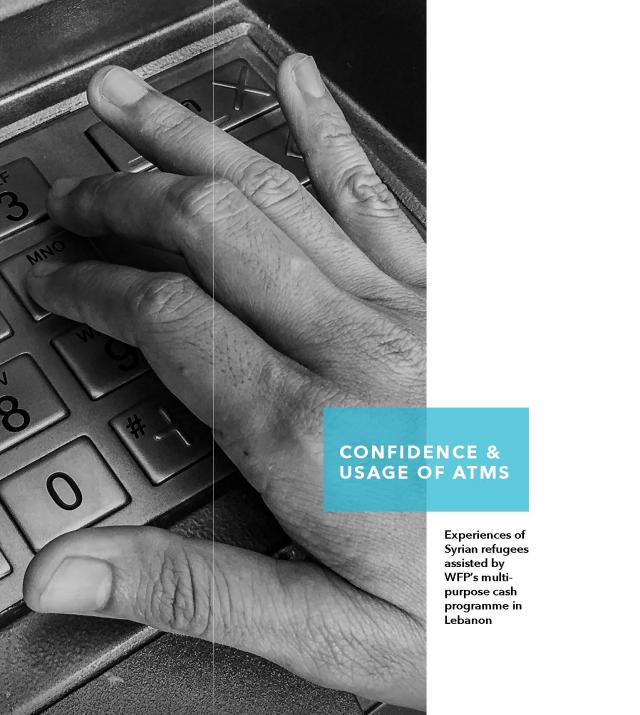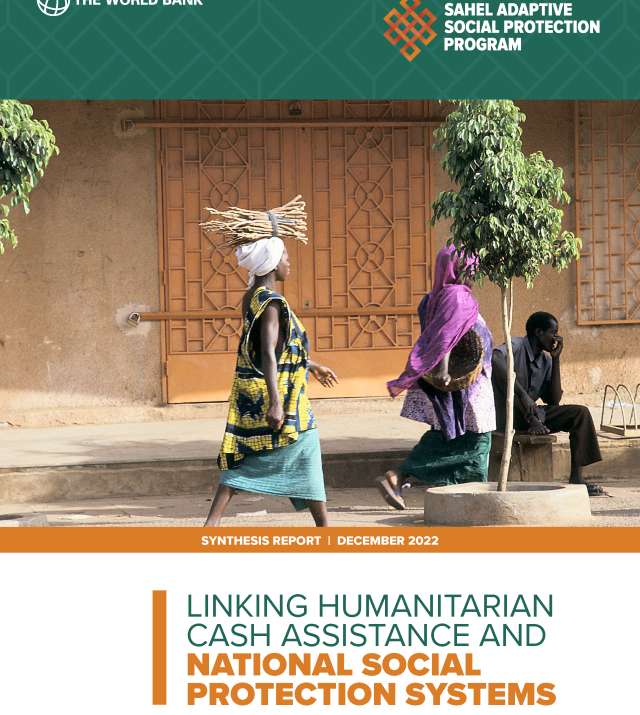
Can Cash Transfers Drive Economic Recovery in Conflict-driven Crises? Experimental Evidence from Iraq

Over the past twenty years, the use of cash transfers in development and humanitarian interventions has experienced exponential growth. Both evidence and ethics have contributed to its rise. Extensive research has demonstrated how cash transfers can serve as critical lifelines in both acute humanitarian emergencies and more stable development contexts, whilst also providing recipients with greater flexibility, dignity, and choice. However, there exists a dearth of evidence on the effectiveness of cash transfers in protracted crisis contexts, where poverty, hunger, and the resulting humanitarian need are increasingly clustered.
Donors and governments are urgently asking: Is cash equally effective in protracted crises, where conflict and insecurity are pervasive, markets and livelihoods are broken and state capacity to respond is limited? Can cash assistance be designed to both protect against the immediate effects of protracted crises and build resilience to future shocks, thereby reducing future humanitarian needs? Specifically, given the extended length of need in protracted crises, how might humanitarian cash transfers be intentionally designed to improve both short-term coping and longer-term recovery?
We sought to answer these questions by testing the impact of deliberate variations in the design and delivery of cash transfers among conflict-affected Iraqi households. This study leveraged the Cash Consortium of Iraq’s (CCI) ongoing multipurpose cash assistance. The CCI is a consortium of five organizations that, collectively, has delivered over 160 million USD in cash assistance to over 500,000 households across Iraq since its formation in 2015.

